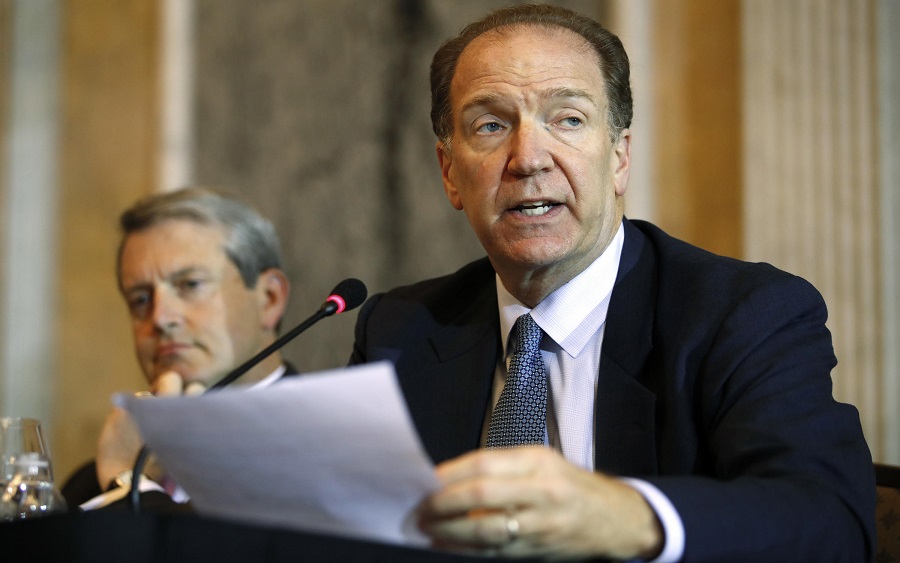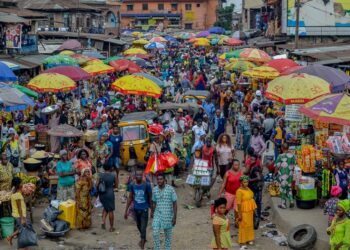The President of the World Bank Group, David Malpass, has revealed that the bank needs to spend at least $70 billion per year to tackle the impact of the pandemic induced poverty. This was revealed by Mr. Malpass during the recently concluded Annual Meetings Plenary, closely monitored by Nairametrics.
Mr. Malpass noted that the World Bank’s new poverty projections suggest that by 2021, an additional 110 to 150 million people would have fallen into extreme poverty, living on less than $1.90 per day. COVID-19 and its associated economic crisis, compounded by the effects of armed conflict and climate changes, are reversing hard-won gains in poverty reduction, ending more than two decades of continuous progress.
Commenting on how he arrived at the $70 billion estimates, Mr. Malpass said,
“To put the financial challenge in perspective, consider the 100 million people we fear have already been pushed into extreme poverty by COVID-19. To provide them just $2 per day would cost $70 billion per year – that’s just to undo one part of COVID’s damage and well beyond the financial capacity of the World Bank Group or any other development agency.
“It makes clear that IDA-19’s three-year envelope of US$82 billion will not be sufficient enough to meet the needs of the world’s poorest countries at this desperate time,”
Speaking further, he said, “A $25 billion supplemental COVID emergency financing package would avert a ‘financing cliff’ in FY22-23 and make available additional resources to IDA countries to support their recoveries.’’
Backstory
Nairametrics had earlier reported World Bank’s warning that as many as 150 million people would fall into extreme poverty by 2021, due to the economic effect of the pandemic. Further noting that about 8 out of every 10 persons that will fall into extreme poverty will be from middle-income countries.
Why it matters
It is clear that we face a unique pandemic of inequality, the downturn is broader and deeper and it has affected virtually all sectors and people – with women and children being the hardest hit.
With the recent disclosure by the World Bank, it is imperative we find viable solutions. As proven by various empirical studies, poverty, economic inequality and other factors fuel civil unrest, crime, and in extreme cases terrorism. Hence, the need to urgently proffer solutions.
What they are doing
Malpass revealed what the World Bank Group is doing to address these challenges. The highlights of the group’s intervention so far include;
- Provided over $160 billion in surge financing to the world’s extremely poor countries, with over $50 billion of this fund available in grants and long-maturity loans.
- Plan to make available $12 billion to countries for the purchase and deployment of COVID-19 vaccines. IFC also invested heavily in vaccine manufacturers through its $4billion Global Health Platform.
- Facilitated reduction in the debt burden of extremely poor countries, which manifested in G20 and Paris Club suspending collection of debt-service payment for about 44 countries, with an estimated sum of $5 billion in debt service relief.
- Provided $83billion in climate-related investments in the past five years.























